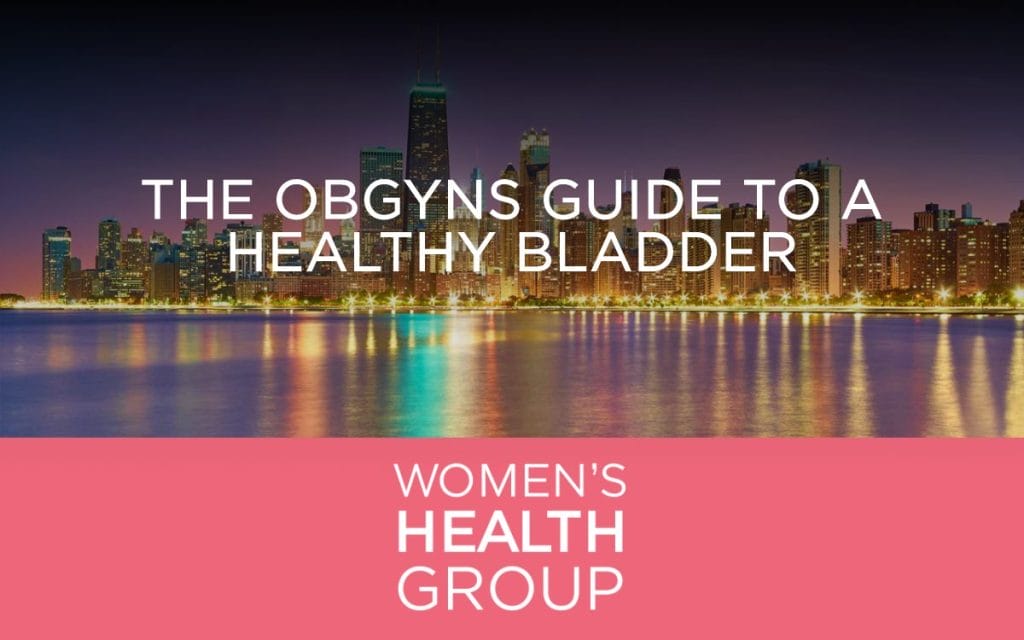Understanding The Importance of Bladder Health
Understanding bladder health can often be overlooked, but as experienced ob-gyns at the Women’s Health Group in Chicago, we consider it an essential part of women’s overall wellbeing. The bladder, a crucial part of your urinary system, plays a vital role in eliminating waste from your body. Maintaining a healthy bladder can significantly impact wellbeing, enabling you to live a comfortable and active lifestyle. Quite importantly, understanding and prioritizing bladder health can save you from potential health issues like urinary tract infections, bladder infections, incontinence, and more severe conditions such as bladder cancer.
Key Factors Contributing to Optimal Bladder Health
Taking care of your bladder health involves a multipronged approach. From healthy lifestyle changes to understanding when to consult your ob-gyn, here are some primary factors to keep in mind:
- Hydration: Drinking plenty of water is paramount to keeping your bladder healthy. Water helps to dilute urine, which in turn makes it less irritating to the bladder.
- Diet: Certain foods and beverages can irritate the bladder, such as caffeine, alcohol, spicy foods, and chocolate. Identifying and avoiding these bladder irritants can make a significant difference to your bladder health.
- Kegel exercises: These exercises strengthen the pelvic floor muscles that help control urination, thereby helping to manage urinary incontinence.
- Complete Urination: Always ensure to empty your bladder completely when urinating to avoid bacterial growth.
- Tobacco avoidance: Smoking can cause several bladder health issues, including bladder cancer. It is crucial to avoid smoking to maintain good bladder health.
Do remember, every woman’s body is different, and thus the impact and effectiveness of these measures can vary from person to person. Regularly consulting with a healthcare professional is crucial for personalized advice tailored to your body and lifestyle habits.
Recognizing and Responding to Bladder Health Issues
As ob-gyns in practice, we understand that bladder health issues can often feel embarrassing to discuss. However, understanding common symptoms can serve as the first step towards seeking professional medical help. Regularly noticing any of these issues might indicate an underlying bladder condition:
- Frequent urge to urinate
- Blood in urine
- Pain or burning sensation during urination
- Cloudy or strong-smelling urine
- Lower abdominal discomfort or pressure
If you notice these symptoms or have any concerns about bladder health, do not hesitate to reach out to your ob-gyn.
Bladder Health and Pregnancy
During pregnancy, a woman’s body undergoes numerous changes and the bladder is no exception. Issues such as frequent urination and temporary urinary incontinence are common during pregnancy due to the growing uterus’s pressure on the bladder. However, post-delivery, these problems should resolve on their own. If these symptoms persist, it is crucial to consult a healthcare professional. You can read more about this on the Mayo Clinic.
Building a Dialogue for Women’s Bladder Health
Running a successful dialogue for women’s bladder health involves encouraging open and honest communication about women’s health issues that are often considered embarrassing or taboo. At the Women’s Health Group, we believe in empowering women to take charge of their health by providing them with the necessary information and support.
For more resources about bladder health, please visit womenshealth.gov. By sharing accurate knowledge and promoting a culture rooted in health positivity, we can together improve women’s bladder health.
Conclusion: Empowering Women Towards Better Bladder Health
With the correct knowledge and resources, maintaining a healthy bladder is a manageable and essential aspect of women’s health. Ensuring hydration, making diet adjustments, performing kegel exercises, complete urination, and quitting tobacco use are primary measures to take. Recognizing symptoms, seeking help if any concerns arise, understanding the effects of pregnancy on the bladder, and promoting open dialogue about bladder health can empower and contribute to better bladder health for women everywhere. Remember, keeping your bladder healthy is not just about managing and avoiding discomfort but also significantly impacting your overall health and wellbeing quality.




